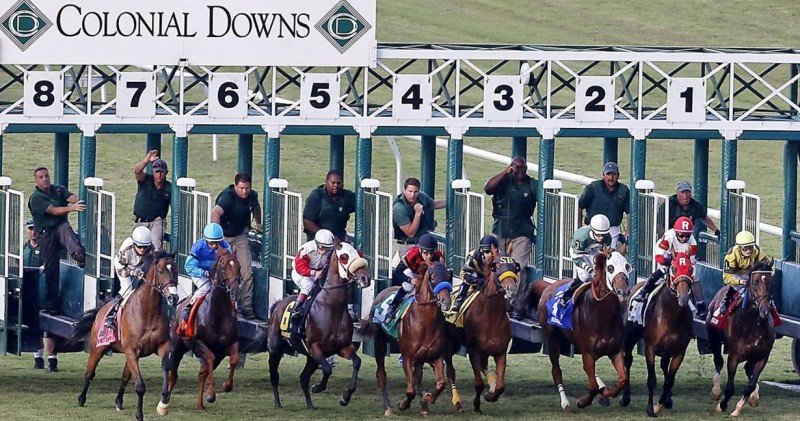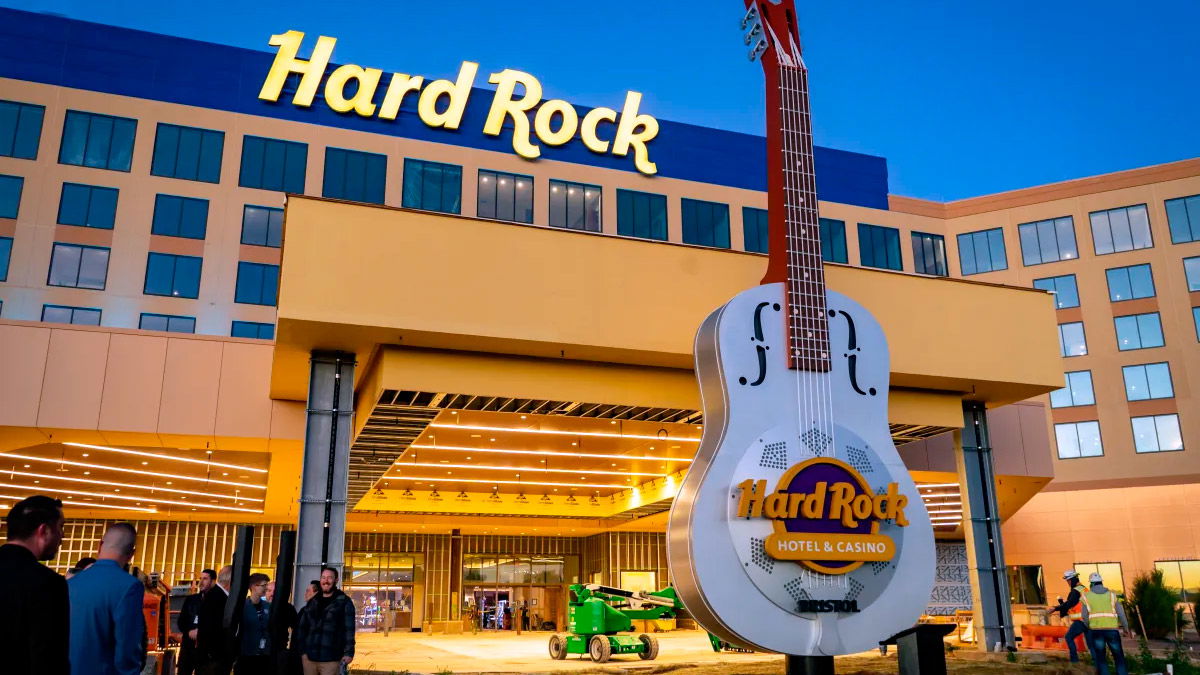Virginia may allow historical race terminals at a shuttered race track should it reopen

The legislation, outlined in House Bill 1609 by Delegate Michael J. Webert, R-Fauquier, previously passed the House and was approved by the Senate in a 31-9 vote on February 28. The final decision on the new betting machines now rests with Governor Ralph Northam.
As reported by Augusta Free Press, horse race betting has been on the decline for many years in Virginia, and some lawmakers are eager to give this Commonwealth revenue generator a shot in the arm.
At the center of the bill is Colonial Downs, a once-popular racetrack that closed in 2014. The Chicago-based firm Revolutionary Racing hopes to acquire the New Kent County facility by the end of the year and relaunch it with modernized wagering technology.
If passed into law, historical race terminals could be installed exclusively at Colonial Downs. Future expansion to other sites across the state could also be considered.
A shift in policy language is required for historical race terminals to make their way into Virginia. The current definition on the books of “simulcast horse racing” would extend to include “live or prerecorded horse races.”
Historical race terminals allow players to bet on past horse races. Although the races receiving wagers are prerecorded, players have no way of knowing the outcome in advance of placing bets. There is no difference between watching and wagering on a real-time race or a recorded one from the player’s perspective.
The nature of broadcasting previously held races means these types of machines are not theoretically bound to race tracks or satellite betting facilities. They can be placed anywhere.
However, historical race terminals are not without critics. Opponents contend they are like slot machines, opening the possibility of broader gambling into the state if allowed.
Others disagree, noting such a Pandora’s box is unlikely. Those supporting the terminals point to an element of skill involved when placing bets and an inherent advantage for players experienced in horse race wagering. The basis of the argument is historical race terminals are a game of skill, and, therefore, different than the random chance of winning that is the domain of slot machines.
Historical race terminal players don’t know the horses they are betting on but do have information on odds and can place different types of bets.
Bringing clientele back to horse race tracks illustrates the challenge of consistent reinvention faced by the gambling industry at large. As operators seek to attract and retain players, especially tech-savvy millennials, some old ways of doing business are proving insufficient. Players are increasingly accustomed to heightened entertainment experiences and expanded betting options.
This modernization of gambling is perhaps best grasped by online casinos where players are enticed by a consistent rollout of new games and a rapidly growing list of payment options. Those hoping to save horse race betting in land-based facilities are taking a page from their online counterparts by exploring innovative gambling technology like the historical race terminals.
Similar Measures Taken in the Nearby States
Virginia is not alone. Other states have tackled the predicament of how best to resuscitate local horse racing industries.
Years ago, Maryland opted for the introduction of video slot machines at horse racing facilities. The rollout initially targeted five locations, but an amended bill paved the way for wider uses of gambling in the state to generate further revenue. Top operators such as MGM Resorts International have since stepped in and opened full-scale casinos.
In Pennsylvania, the health of horse race betting is very connected to land-based casinos and online wagering. The Keystone State currently boasts six race tracks, four of which are operated in conjunction with on-premise casinos. Betting on the ponies just becomes another attraction available at the casino under this model. Pennsylvania also permits residents to bet on horse races online via one of the approved websites.
The second smallest state in the nation, Delaware has a disproportionately large history of organized horse race betting. The Delaware Thoroughbred Racing Commission was founded in 1933 to raise funds for the state amid the Great Depression.
In 1996, video lottery terminals were introduced at Delaware’s three horse racing venues — Dover Downs, Harrington Raceway and Delaware Park — as a measure to bolster the industry. These three facilities have now evolved into casinos with slots and table games. Additionally, Delaware allows online horse race betting and casino games within the state.
While historical race terminals are not quite yet a reality for Virginians, the impressive support shown by both the House and Senate signals a concerted effort in Richmond to revitalize Commonwealth horse race betting. And an outing to bet on the ponies may not sound like an antiquated form of entertainment. The reopening of Colonial Downs would be the first significant milestone in the industry’s comeback.
















































